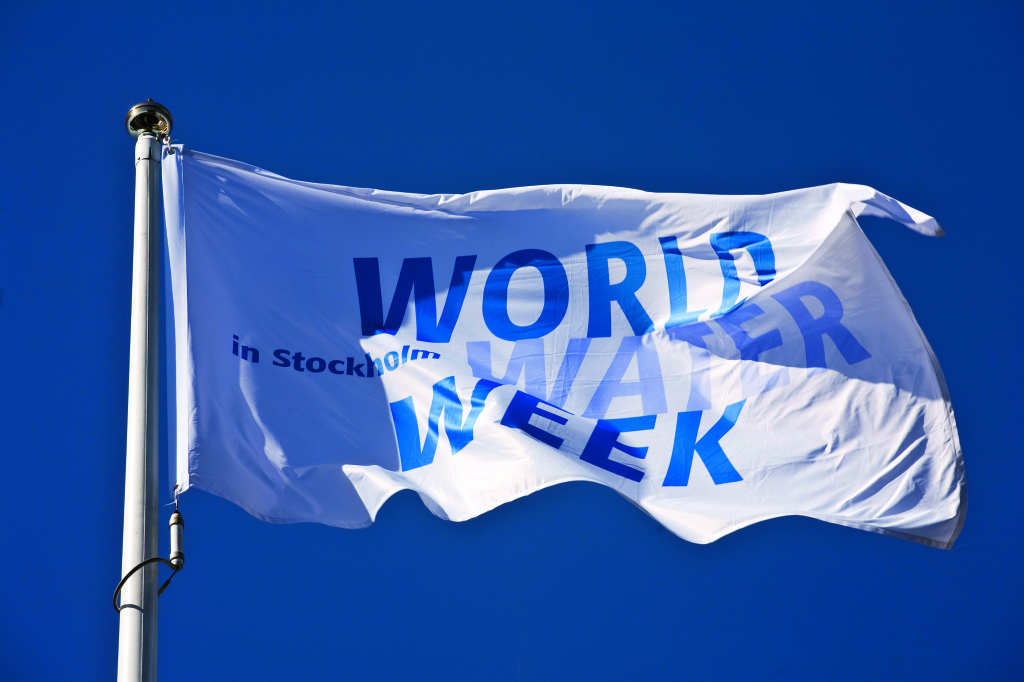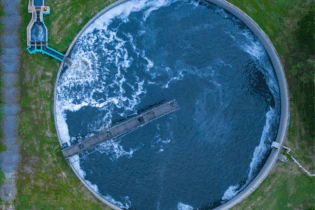Ensuring water security
As an increasing number of cities and countries experience the effects of high population pressure and less available freshwater, the interest among policy-makers, businesses, and citizens grows. In his welcoming speech, SIWI Executive Director Torgny Holmgren pointed out that it will be challenging but necessary to change large-scale water consumption patterns.“The Week’s theme, Water and waste: Reduce and reuse, really touches the very core of our daily lives. To reduce, some drastic changes will be necessary – especially by the main water users, including industries, energy producers and the agriculture sector,” he said.
He added that changes are also needed in how we think about reuse of water: “I think that it is very important to try and change the mind-set around waste. Rather than presenting us with a problem, we can view waste as an asset also becoming a business opportunity.” Stephen McCaffrey, 2017 Stockholm Water Prize Laureate and a professor in water law, spoke of the need for water cooperation and water diplomacy. He told participants that although the ingredients for potential water conflicts exist, such as higher population pressure, climate change, and much of the world’s fresh water being shared by two or more countries, studies show that water sharing is much more likely to lead to cooperation than conflict. The President of the United Nations General Assembly, Peter Thomson, called the world’s climate and water resources the “fundament of our existence”, noting that “Without proper stewardship of that fundament the 2030 sustainable development agenda obviously goes nowhere. Because without the fundament we can’t exist.” “Together with the Paris Climate Agreement, implementation of the 17 Sustainable Development Goals represents the best chance our species has to achieve a sustainable way of life on Planet Earth before it is too late,” he added.







